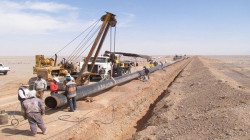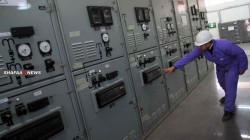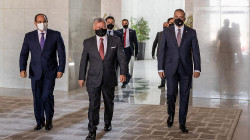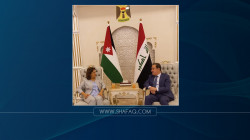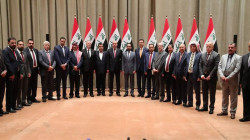Iraq and Jordan signed electric power linkage agreement
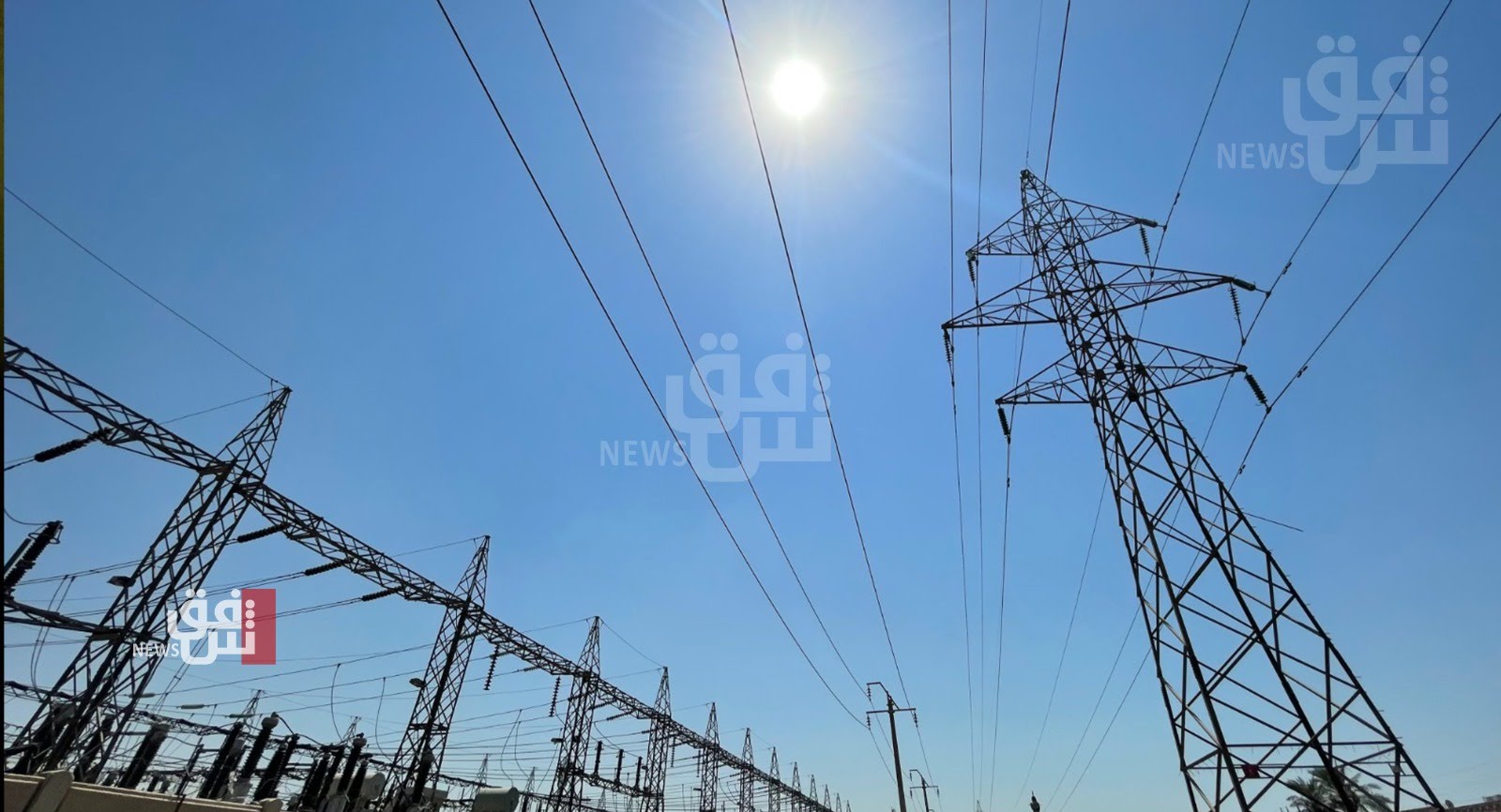
Shafaq News/ Jordan and Iraq have signed an agreement to provide Iraq with 132 kilovolts of electricity to meet the power demands of the Rutba area, totaling approximately 40 megawatts.
The document was signed by Iraq’s director general of the general company of electricity production- middle region, Riyad Aribi, and Jordan’s director general of the National Electric Power Company (NEPCO), Amjad Al-Rawashdeh.
During a press statement, Amjad Al-Rawashdeh, highlighted the collaborative efforts of both countries to establish a mutual electrical connection.
He said, “this initiative is expected to enhance the exchange of electric power and strengthen the stability of both countries' electrical systems, and playing a pivotal role in the future Arab energy market.”
Al-Rawashdeh also confirmed the completion of all necessary technical procedures for the initial phase, asserting Iraq's readiness to receive electricity.
Additionally, he mentioned that finalizing certain financial procedures between both parties will pave the way for the supply of approximately 40 megawatts to Iraq in the first phase.
Simultaneously, preparations for the second phase are underway, with an anticipated completion by the third quarter of this year.
Upon the conclusion of the second phase, the total capacity supplied to Iraq will reach 150-200 megawatts, with the development of subsequent connection stages in the medium term, the supply capacity could potentially increase to 500 megawatts.
Aiming to enhance their energy cooperation, Jordan and Iraq agreed to collaborate and build a synced power grid in 2018.
In 2020, they signed a contract to supply Iraq with 150-200 MW of electricity.
In 2021, they started the first phase of the project, which was a 400 kV transmission line from Risha in Jordan to al-Qaim in Iraq.
The project was launched by the prime ministers of both countries in 2022.
The second phase will complete the synced power connection at 400 kV and reinforce the power network on both sides.
Notably, Iraq is negotiating with Saudi Arabia and other Gulf countries to get electricity by linking its system with the Gulf network, hoping to depend less on Iran, which has supplied most of the electricity and gas fuel for local power plants lately.
Iraq also plans to get electricity from Jordan and Turkey until it can build enough power stations for its own needs.
Wars and conflicts have caused Iraq to suffer from long-term power shortages, sparking protests over frequent blackouts, especially in hot summers with 50°C temperatures.
